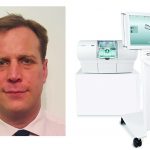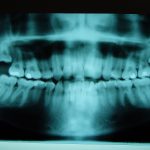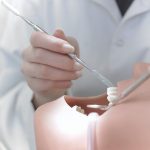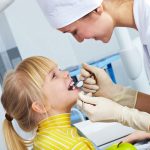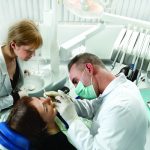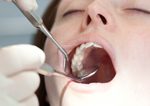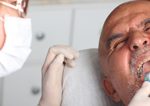Dentists have accused the government of having a “short-sighted” approach to tooth decay in England after hospital operations to remove children’s teeth increased to nearly 43,000.
According to the BBC, there were 42,911 operations in 2016-17 – up from 40,800 the previous year and 36,833 in 2012-13, NHS figures show.
The British Dental Association (BDA) said England had a “second-class” dental service compared to Wales and Scotland.
The government said it was “determined” to reduce the number of extractions.
Doctors said many of the tooth extractions would be caused by the food and drink children consume and were therefore “completely preventable”.
Dental surgeon Claire Stevens, who works in a hospital in north-west England, said most of her patients were aged five to nine, but it was not uncommon to remove all 20 baby teeth from a two-year-old because of decay.
She said she has also extracted a 14-year-old’s permanent teeth due to fizzy drinks. They then needed false teeth.
‘Startling’ figures
An analysis of NHS figures by the Local Government Association, which represents councils in England and Wales, found the equivalent of 170 hospital tooth extractions a day were being carried out on under-18s.
These are done in a hospital under general anaesthetic, rather than at a dental practice.
The operations would have cost the NHS about £36m last year and £165m since 2012, the LGA found.
Mick Armstrong, chairman of the BDA, said: “These statistics are a badge of dishonour for health ministers, who have failed to confront a wholly preventable disease.
“Tooth decay is the number one reason for child hospital admissions, but communities across England have been left hamstrung without resources or leadership.”
The BDA said England was receiving a “second-class service” because, unlike Wales and Scotland, it has no dedicated national child oral health programme.
It said the government’s centrepiece policy Starting Well – aimed at improving oral health outcomes for “high-risk” children – had received no new funding and was operating in parts of just 13 local authorities in England.
Dr Sandra White, director of dental public health at Public Health England, said parents could reduce tooth decay through cutting back on their children’s sugary food and drink and encouraging them to brush their teeth with fluoride toothpaste twice a day, as well as regular trips to the dentist.
A debate on children’s dental examinations and treatment is due to take place in the House of Lords on 18 January.
